
The Academy Awards, for decades, have stood as the pinnacle of cinematic achievement, a coveted benchmark that both celebrates and shapes the narrative of Hollywood’s annual output. Yet, with each passing year, the nominations announcement inevitably sparks a fervent debate, dissecting perceived triumphs and, perhaps more vociferously, the glaring omissions that leave industry insiders and fervent film enthusiasts alike questioning the Academy’s discernment. The 97th Oscars season, while marked by unique challenges like the Los Angeles-area fires that necessitated schedule adjustments, has proven no exception to this tradition of controversy, in fact, it has perhaps amplified it.
Indeed, Academy CEO Bill Kramer and President Janet Yang acknowledged the profound impact of the fires on the community, stating, “We are all devastated by the impact of the fires and the profound losses experienced by so many in our community. The Academy has always been a unifying force within the film industry, and we are committed to standing together in the face of hardship.” These sentiments of unity and resilience, however, have been tested by the subsequent outcry over several high-profile snubs, leading many to wonder if the Academy’s decisions truly reflect the breadth and depth of talent within the global film community.
This year, the murmurs of discontent have escalated into a cacophony, with numerous actors, directors, and films failing to secure the nominations many had anticipated. From seasoned veterans who delivered career-defining performances to critically acclaimed projects that resonated deeply with audiences, the Academy’s choices have ignited conversations across social media platforms and within the hallowed halls of Hollywood. We delve into some of the most talked-about snubs of the 97th Academy Awards, exploring the reactions, the underlying industry dynamics, and what these perceived oversights might signify for the future of awards recognition.

1. **Demi Moore’s ‘The Substance’ Snub**
One of the most immediate and visceral reactions to this year’s nominations concerned Demi Moore’s performance in “The Substance.” The veteran actress, at 62, had been widely considered a frontrunner for the Best Actress in a Leading Role gong, having garnered significant critical acclaim and collected nearly every major pre-Oscars award except a BAFTA. Her loss to Mikey Madison for “Anora” was, for many, an unexpected turn that left a palpable sense of shock.
Moore’s reaction, as observed by a lip reader, was a telling “nice” delivered without a smile, her body almost nodding as if forcing the acknowledgment. This subtle yet powerful display of disappointment resonated with hundreds of movie fans who took to X, formerly known as Twitter, to express their outrage. Comments such as “Demi Moore deserved to be the winner. #Oscars” and “No Oscar for Demi Moore, Monica Barbaro and James Mangold. Why?!” flooded social media, highlighting the collective frustration.
Perhaps the most striking aspect of Moore’s snub was its profound, almost meta-textual, irony. “The Substance” itself centers on an aging actress sidelined by the industry, a narrative that eerily mirrored Moore’s experience on the biggest night in film. As one viewer pointed out on X, “Demi Moore starred in a movie about how Hollywood treats older actresses and she just lost to a younger actress… The Substance has never been more relevant.”
This outcome not only denied Moore what many believed was a deserved victory but also underscored a pervasive issue within Hollywood regarding the treatment and recognition of older actresses. The film’s poignant storyline, now tragically paralleled by real-life events, served as a stark reminder of the challenges faced by women in the industry, making Moore’s omission a particularly bitter pill for her fans and industry observers alike. It transformed a simple awards loss into a commentary on Hollywood’s systemic biases.

2. **Angelina Jolie’s ‘Maria’ Best Actress Snub**
Another surprising omission that drew significant attention was Angelina Jolie’s failure to secure a Best Actress nomination for her demanding role in Pablo Larraín’s biopic, “Maria.” Despite receiving critical acclaim for her portrayal of opera legend Maria Callas and undertaking an intensive, rare press tour—including her first late-night TV appearance in over a decade—Jolie was conspicuously absent from the nominee list. This was a significant blow after missing out on a SAG Award nod and only securing a Golden Globes nomination, which she ultimately lost to Fernanda Torres.
Sources close to Jolie revealed her deep disappointment, with one insider telling Page Six, “Angelina will be devastated… look at all the press she did for the film — she wanted to get nominated. She did Jimmy Fallon, her first late-night show in over a decade. She even went to the Gotham Awards. She did all these magazine covers.” Her commitment to the role, which included learning opera singing, highlighted her dedication, making the snub all the more impactful for the actress and her team.
Speculation immediately turned to the intricate web of Hollywood politics, with some insiders suggesting that Jolie’s contentious, now-settled divorce from Brad Pitt may have played an influential role. An anonymous source claimed, “This just shows that Hollywood is Team Brad,” further adding, “Nobody was going to go against Brad and give Angelina a vote… people just love Brad.” This theory posits that despite her formidable performance, external factors and industry allegiances might have subtly swayed the Academy’s voting patterns, suggesting that personal narratives can sometimes overshadow artistic merit.
Conversely, another insider proposed that Jolie’s exclusion might be part of a broader industry trend favoring “first-time nominees.” This perspective suggests that while “politics do come into play a little alongside the films and the performances,” the Academy’s decision to honor several newcomers over established names like Jolie and Nicole Kidman (also overlooked for “Babygirl”) indicates a shift towards recognizing fresh talent. Regardless of the precise reason, Jolie’s snub for “Maria” remains a significant talking point, demonstrating the unpredictable nature of awards season and the complex interplay of art, celebrity, and industry dynamics.
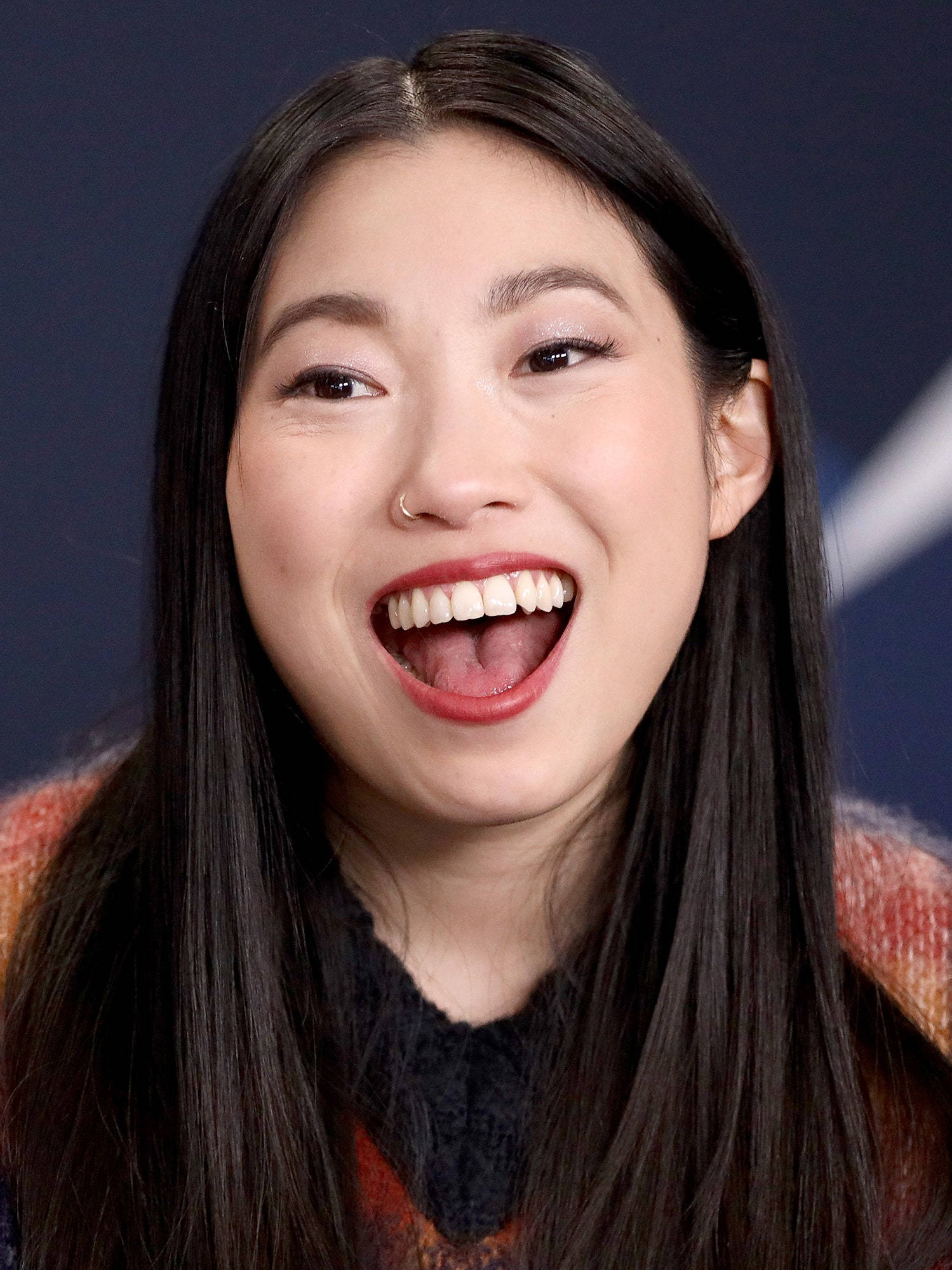
3. **Awkwafina’s ‘The Farewell’ Performance Snub**
In 2020, Awkwafina’s deeply moving and critically praised performance in “The Farewell” failed to garner an Oscar nomination, a decision that left many scratching their heads. While the actress herself expressed immense gratitude for the positive reception of the film and acknowledged the presence of “other amazing performances” that year, she subtly yet firmly indicated that the Academy still had significant progress to make in its recognition practices.
During a Television Critics Association press tour appearance, Awkwafina articulated her feelings, stating, “I think all of [the nominations] were warranted as they should have been. That’s not also to say that we can’t ignore the fact that there are some incredible movies that were women-helmed, including mine, The Farewell.” Her nuanced response highlighted a crucial underlying issue: the consistent underrepresentation of films led by women, both in front of and behind the camera, in major awards categories.
Her personal journey with “The Farewell” also informed her perspective. “We didn’t know that The Farewell would literally have a home. We didn’t know if anybody would buy The Farewell, that it would be on the screens,” she reflected. This acknowledgment of the film’s challenging path to distribution underscored the triumph of its existence and reception, making the lack of Oscar recognition a missed opportunity for the Academy to champion a significant independent and women-helmed narrative.
Awkwafina concluded her thoughts with a forward-looking statement: “Me personally, I think there’s always more work to be done. Of course.” This sentiment encapsulated the industry’s ongoing struggle with diversity and inclusion in its highest honors, framing her individual snub not just as a personal disappointment but as a symptom of a larger, systemic challenge that the Academy must continue to address to remain relevant and representative of contemporary cinema.

4. **Adam Sandler’s ‘Uncut Gems’ Best Actor Snub**
Adam Sandler, renowned for his comedic roles, delivered a performance in the 2020 film “Uncut Gems” that was widely hailed as a career best and a significant departure from his usual fare. Critics lauded his intense, anxiety-inducing portrayal of a New York City jeweler, leading many to believe he was a strong contender for a Best Actor Oscar nomination. However, when the nominations were announced, Sandler’s name was notably absent, sparking considerable discussion among fans and critics alike.
Sandler himself reacted with a characteristic blend of disappointment and humor on X, formerly known as Twitter. He wrote, “Bad news: Sandman gets no love from the Academy. Good news: Sandman can stop wearing suits. Congrats to all my friends who got nominated, especially Mama,” referring to Kathy Bates, his former on-screen mother, who was nominated for her role in “Richard Jewell.” This lighthearted response masked a deeper sentiment of being overlooked, a common experience for actors primarily known for comedy attempting to transition into more serious, awards-worthy roles.
The snub for “Uncut Gems” reignited debates about the Academy’s historical bias against comedic actors in dramatic categories. Despite Sandler’s undeniable talent and the critical consensus that his performance was exceptional, the perception often persists that comedic work is inherently less ‘serious’ or ‘artistic’ than dramatic roles, making it harder for actors like Sandler to cross over into awards recognition.
His exclusion served as a reminder that even a performance widely acknowledged as transformative and brilliant can fall victim to established industry perceptions and voting patterns. It highlighted the challenge for actors like Sandler to break free from typecasting, not just in the minds of the audience, but also within the esteemed ranks of Academy voters who sometimes appear resistant to acknowledging versatility outside of conventional expectations.
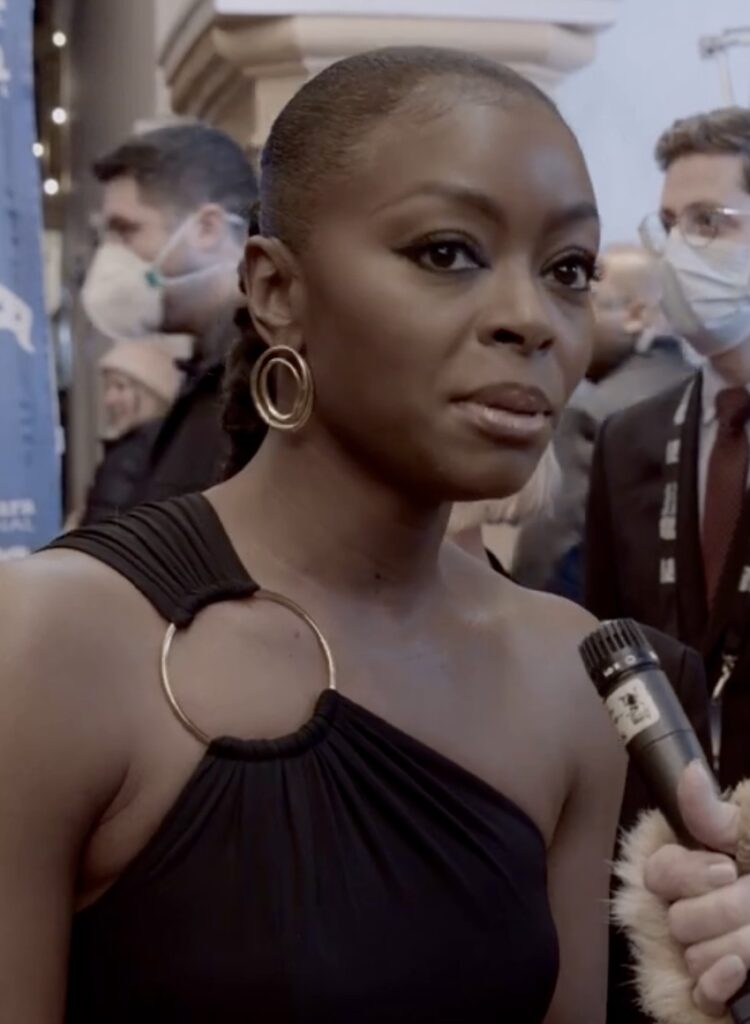
5. **Danielle Deadwyler’s ‘Till’ Performance/Film Snub**
The 2023 film “Till,” which meticulously chronicled the harrowing story of Emmett Till’s lynching and his mother Mamie Till-Mobley’s relentless pursuit of justice, was expected by many to feature prominently in the Oscar nominations. Central to its critical acclaim was Danielle Deadwyler’s powerful and deeply affecting portrayal of Mamie. Yet, despite widespread praise, the film, and Deadwyler’s performance in particular, received no Oscar nominations, eliciting a strong backlash from the public, cast, and crew.
Director Chinonye Chukwu minced no words in her reaction, attributing the snub to the Academy “perpetuating an unabashed misogyny towards Black women.” This pointed critique brought to the forefront the persistent issue of how Black women’s stories and performances are evaluated and often overlooked by major awards bodies, even when they tackle historically significant and emotionally resonant subjects. It sparked a necessary conversation about the systemic biases within the industry.
Danielle Deadwyler herself offered a compelling insight into the potential reasons for the oversight. On Kermode & Mayo’s Take podcast, she suggested that Academy voters “perhaps chose not to see” the film. She further elaborated, “We’re talking about misogynoir, like, it comes in all kinds of ways, whether it’s direct or indirect. It impacts who we are. They did the critical assessment. I think the question is more on people who are living in whiteness, White people’s assessment of the spaces that they are privileged by.”
Deadwyler’s comments directly challenged the notion of purely merit-based decisions, bringing the concepts of misogynoir and racial privilege into the discourse surrounding the nominations. The snub of “Till” and her performance was thus seen not merely as an artistic disagreement but as a reflection of deeper, uncomfortable truths about who gets to tell stories, whose stories are valued, and who gets to decide on the most prestigious forms of recognition within Hollywood. It was a stark example of how, even in stories of profound societal importance, systemic issues can dictate visibility.

6. **Jennifer Lopez’s ‘Hustlers’ Performance/Film Snub**
Jennifer Lopez’s performance as Ramona in the 2019 crime dramedy “Hustlers” was widely hailed as a career resurgence, earning her some of the best reviews of her extensive career and building considerable Oscar buzz. Her portrayal of the savvy, maternal stripper who orchestrates a scheme against wealthy clients was seen as a powerful, nuanced turn. Consequently, there were high expectations for a potential Best Supporting Actress nomination, but when the Oscar nominations were revealed, “Hustlers” received no recognition, leaving Lopez and her admirers disappointed.
Lopez openly admitted her sadness regarding the snub during Oprah Winfrey’s 2020 Vision: Your Life In Focus Tour. “I was a little sad because there was a lot of buildup to it. I got so many good notices — more than ever in my career. And I’m reading all the articles and I’m going, ‘Oh my God, could this happen?’ And then it didn’t and it was like, ‘Ouch.’ It was a bit of a letdown,” she confessed. This raw honesty resonated with many who understood the emotional investment actors put into their craft and the anticipation that accompanies awards season.
She also expressed a feeling of having “let everybody down a little bit,” highlighting the pressure and collective hope that had built around her potential nomination. This sentiment underscores the communal aspect of awards recognition, where an individual’s success can feel like a shared victory for their fans and collaborators, making the absence of a nomination a collective disappointment.
Ultimately, Lopez revealed a profound personal realization that emerged from the experience: she didn’t need an accolade to validate her worth. Her journey, as she articulated, led her to understand that she was “enough” regardless of external validation. While the snub was undoubtedly a blow, it also offered a moment of introspection, emphasizing that true artistic satisfaction and self-worth can transcend the often-unpredictable decisions of awards committees, offering a valuable lesson in resilience within a highly competitive industry.
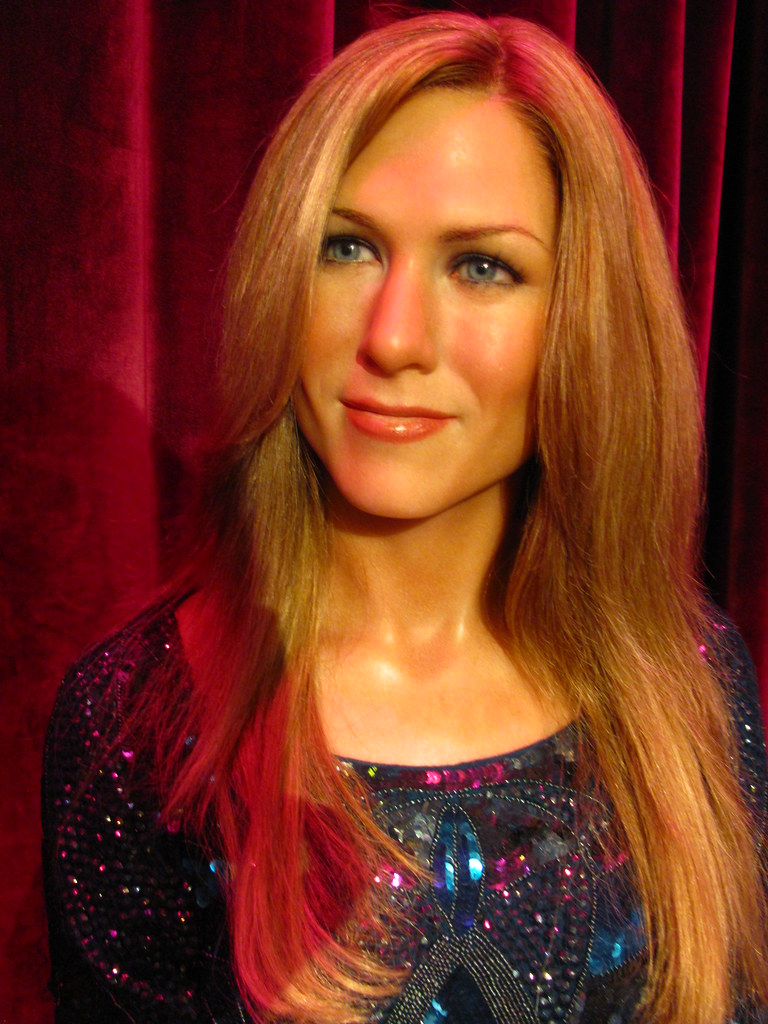
7. **Jennifer Aniston’s ‘Cake’ Performance/Film Snub**
In 2015, Jennifer Aniston delivered a dramatic, raw performance in the independent film “Cake,” a role that showcased her considerable range beyond her well-known comedic work. Her portrayal of a woman grappling with chronic pain and loss earned her significant critical praise and Golden Globe and SAG nominations, leading many to believe an Oscar nod was a strong possibility. However, despite the acclaim, both Aniston and the film were overlooked by the Academy, sparking another wave of discussion about the awards process.
Aniston herself addressed the snub with a balanced perspective, acknowledging a natural human reaction while maintaining a sense of gratitude. Speaking to Access Hollywood, she admitted, “I’d be lying if there wasn’t a little [aw], but after that there’s a lot of, ‘But look at tonight, look at the Globes, look at the SAGs!’ We’re an embarrassment of wonderful riches [for] a movie that hasn’t even been released and is teensy tiny.” Her comments highlighted the inherent bias towards larger, more widely distributed films in the Oscar race, where smaller, independent features often struggle for visibility.
Her ability to pivot from initial disappointment to appreciation underscored the unique challenges and triumphs of independent cinema. The fact that a “teensy tiny” film like “Cake” had garnered such significant attention and recognition at other prestigious awards ceremonies was, in itself, a victory. Aniston’s perspective suggested that the journey and the critical dialogue generated by such a film could be as, if not more, rewarding than an Oscar nomination.
This particular snub, therefore, served as a reminder of the often-unpredictable nature of awards season and the subjective criteria that can influence nominations. While an Oscar might have cemented Aniston’s dramatic chops in the eyes of the Academy, her performance in “Cake” nonetheless achieved its goal of demonstrating her profound acting capabilities and sparked a valuable conversation about the importance of supporting diverse storytelling, regardless of budget or mainstream appeal. Her reaction offered a mature and industry-aware response to the often-fickle nature of Hollywood’s highest honors.
As we continue our deep dive into the 97th Academy Awards’ most contentious omissions, it becomes clear that the Academy’s decisions extend beyond individual acting performances, touching upon directorial vision, genre recognition, and systemic industry dynamics. These oversights, often reflecting entrenched biases or a disconnect from the broader cinematic landscape, consistently spark heated discussions among critics, filmmakers, and audiences. The following cases underscore how deeply interwoven creative merit is with the complex web of Hollywood politics, industry perceptions, and the ever-evolving conversation about what constitutes “Oscar-worthy.”
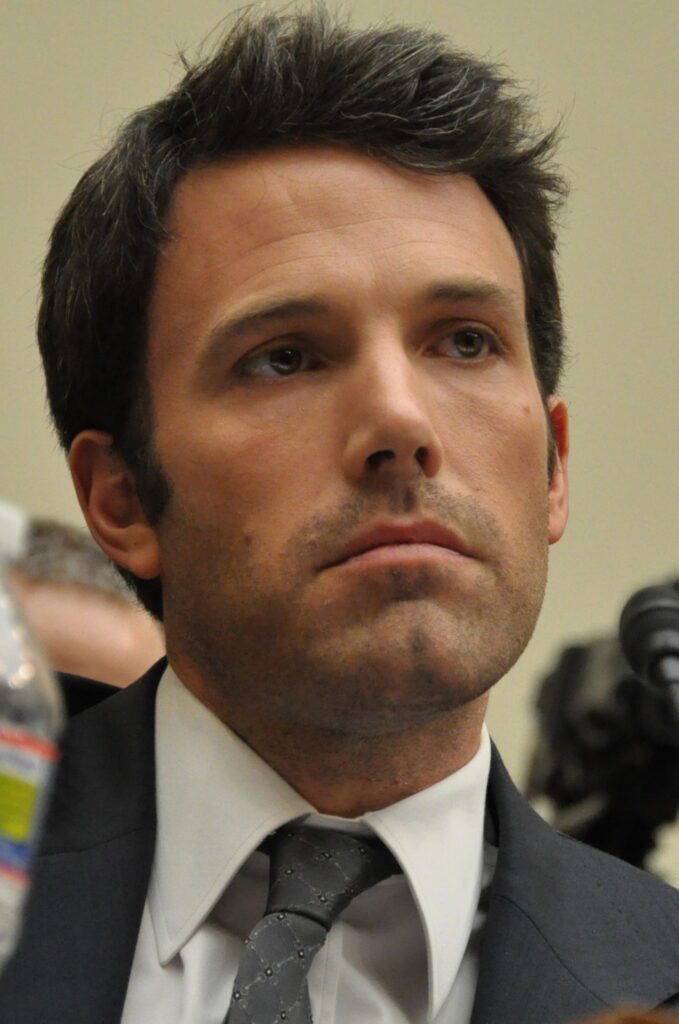
8. **Ben Affleck’s ‘Argo’ Best Director Snub**
In 2013, Ben Affleck’s “Argo” emerged as a powerhouse, accumulating a significant number of nominations and ultimately taking home the coveted Best Picture Oscar. Despite this overwhelming success and his pivotal role in directing the critically acclaimed film, Affleck himself was conspicuously absent from the Best Director nominee list. This perceived oversight immediately ignited a firestorm of commentary, as many felt his directorial hand was integral to the film’s triumph.
Affleck, reflecting on the experience, offered a candid perspective on the intricate and often frustrating dance of awards season campaigning. He admitted to approaching the process with genuine effort, stating he “did everything they told me. You gotta kiss the babies, and I schmooze every f—ing body in the world.” His honesty peeled back the curtain on the intense lobbying and networking often required, suggesting that creative merit alone might not always suffice in securing a nomination.
The emotional toll of this snub was further illuminated by Affleck’s recollection of having to endure repeated questions about it during a protracted awards circuit. “Every single stop, you didn’t even have to say anything, they’d just hold the mic and go, ‘So, snubbed?'” he recounted, highlighting the media’s role in amplifying the perceived injustice. This forced composure, pretending “that you’re OK, pretend it didn’t bother you,” spoke volumes about the public face actors and directors are expected to maintain, even in the face of personal disappointment.
His ultimate takeaway was a profound lesson in perspective, acknowledging that if “the directors don’t think I deserved it, that’s their opinion. And that’s fine.” Yet, the experience clearly left an indelible mark, influencing his future approach to such campaigns. The “Argo” snub, therefore, became a prime example of how even a film lauded with the highest honor can see its directorial mastermind overlooked, raising questions about the subjective nature of peer recognition and the political undercurrents of the voting process.
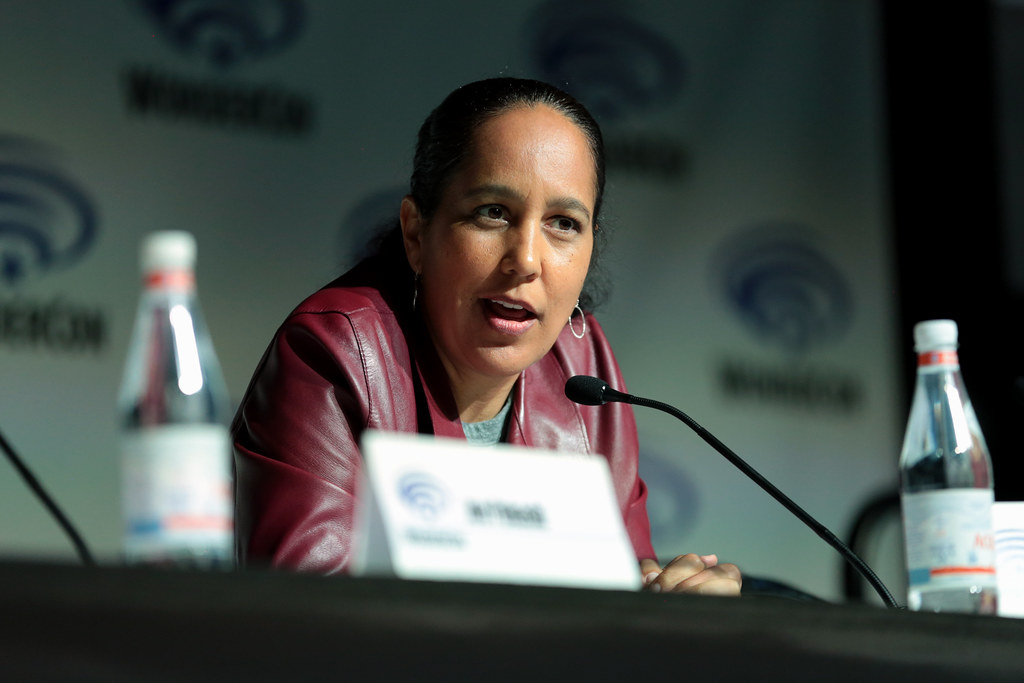
9. **Gina Prince-Bythewood’s ‘The Woman King’ Snub**
The 2023 awards season witnessed another significant omission that fueled widespread outrage: Gina Prince-Bythewood’s “The Woman King.” This historical epic, which captivated audiences and critics alike with its powerful narrative and exceptional performances, received no nominations from the Academy, a decision that struck many as baffling given its cultural impact and commercial success. Director Prince-Bythewood’s reaction was swift and pointed, framing the omission not as a simple oversight but as a deeper systemic issue.
Prince-Bythewood articulated her profound disappointment, stating, “Of course I’m disappointed. Who wouldn’t be? Especially because there was so much love for our film.” She underscored the film’s undeniable achievements, noting, “Not only does The Woman King exist in the world, but it’s a success in the world… So, our film made money and clearly had a cultural impact, which is what we all hoped for.” Her comments effectively challenged the Academy’s criteria, suggesting a disconnect when a film that ticks all the boxes for artistic and commercial merit is still ignored.
Her analysis transcended individual disappointment, evolving into a critical commentary on the industry’s ingrained biases. “The Academy made a very loud statement, and for me to stay quiet is to accept that statement,” she asserted. In a powerful declaration, she refused to label it a mere “snub,” clarifying, “A snub is if it missed out on a category or two. The film was not nominated for one single craft. Not one single extraordinary performance was recognized.”
This stark absence across all categories, especially for a film that achieved both critical and popular acclaim, led Prince-Bythewood to conclude that it was “a reflection of where the Academy stands and the consistent chasm between Black excellence and recognition.” Her impassioned statement positioned the “Woman King” snub as a symptom of a larger, pervasive problem, highlighting the ongoing struggle for diverse storytelling and talent to receive equitable acknowledgment within Hollywood’s highest echelons.

10. **Mia Goth’s ‘Pearl’ Horror Film Snub**
In the landscape of modern cinema, the horror genre often finds itself marginalized when it comes to prestigious awards recognition, a sentiment powerfully echoed in the 2023 Oscars season with the complete snub of Mia Goth’s electrifying performance in “Pearl.” Goth, whose portrayal in the psychological slasher film earned widespread critical adoration, was notably absent from the Best Actress nominations, prompting a candid critique from the actress herself regarding the Academy’s perceived biases.
Goth openly questioned the transparency and impartiality of the awards process, stating during an interview that she believes “it’s very political. It’s not entirely based on the quality of a project per se. There’s a lot going on there and a lot of cooks in the kitchen when it comes to nominations.” Her frank assessment suggested that factors beyond pure artistic merit, such as genre prejudice and industry machinations, significantly influence who gets recognized and who is overlooked.
The exclusion of “Pearl” from major categories reignited a long-standing debate within Hollywood: the Academy’s reluctance to embrace horror films as serious contenders, regardless of their artistic innovation or the depth of their performances. This historical pattern often leaves films that push creative boundaries within the genre relegated to niche awards or entirely disregarded by the mainstream, despite their cultural significance and critical praise.
Goth advocated for a fundamental shift in perspective, asserting that “a change is necessary. A shift should take place if they wanted to engage with the wider public.” She firmly believed that including horror movies in the nominations “would be of benefit, really,” to the Academy itself, implying that a more inclusive approach would broaden its appeal and relevance. Her comments underscored the critical need for the Academy to evolve its recognition parameters to truly reflect the diverse and vibrant tapestry of contemporary filmmaking.

11. **Gal Gadot’s ‘Wonder Woman’ Snub**
In 2017, Patty Jenkins’ “Wonder Woman” shattered box office records and garnered critical acclaim, becoming a cultural phenomenon that resonated deeply with audiences worldwide. Despite its groundbreaking success and widespread positive reception, the film, along with its star Gal Gadot, was conspicuously overlooked by the Academy, failing to secure nominations in any category, including the highly anticipated Best Picture or Best Director nods. This absence fueled considerable debate about the Academy’s historic reluctance to fully embrace superhero films, even those lauded for their artistic and thematic depth.
Gal Gadot, the embodiment of the iconic Amazonian hero, addressed the snub with a remarkable degree of grace and perspective. She expressed being “very moved and touched by the people who were disappointed that Wonder Woman wasn’t nominated,” acknowledging the collective hope and enthusiasm surrounding the film. Yet, she quickly shifted the focus away from awards as a primary goal, stating, “we certainly never did the movie for that.”
Her philosophy highlighted a profound understanding that artistic creation and audience reception can be their own rewards, independent of industry accolades. Gadot embraced the film’s immense cultural impact as a form of validation, saying, “I think that you can’t have it all. We’ve done this movie and it was received in such an amazing, wonderful way, and we want to stay humble and grateful.” This sentiment provided a refreshing counterpoint to the usual disappointment, emphasizing gratitude for the experience and the widespread appreciation it received.
The “Wonder Woman” snub thus became a significant talking point in the ongoing conversation about genre films and their place in the Academy’s estimation. It underscored the challenge for blockbusters, even those with powerful narratives and significant critical praise, to break into the traditional Oscar categories. Gadot’s mature reaction, however, offered a valuable lesson in resilience and focusing on the intrinsic value of storytelling, rather than solely on external validation.

12. **Jim Carrey’s ‘The Truman Show’ Best Actor Snub**
Jim Carrey, a master of comedic performance, delivered a deeply nuanced and critically acclaimed dramatic turn in 1998’s “The Truman Show,” a film that garnered multiple Oscar nominations, including Best Director, Best Original Screenplay, and Best Supporting Actor. Yet, despite the film’s broad recognition and the widespread praise for his transformative role, Carrey himself was notably absent from the Best Actor category, sparking discussions that have echoed for decades about the Academy’s perceived bias against comedic actors tackling dramatic material.
In a reflective statement years later, Carrey revealed a surprisingly philosophical detachment from the omission, asserting that he had “never felt left out or passed over.” He eloquently explained his perspective, stating, “These are words that other people create around me. I don’t live in that world. All gifts are welcome. All recognition is appreciated, but none of it is needed.” This insight offered a powerful testament to an artist prioritizing intrinsic creative satisfaction over external validation.
Carrey emphasized the enduring impact of the film’s artistic merit, believing that its essence transcended any awards. “The Truman Show is its own gift. Whether it had Oscars attached to it or not, that’s not what makes kids in college want to study the papers on your film,” he observed. He attributed the film’s lasting legacy to “the truth behind the film that makes that happen,” crediting the honesty of the actors and the commitment to doing “a great piece of work aside from all of the mirroring of awards and the PR side of things.”
His words resonated as a powerful commentary on the true value of art beyond industry accolades. The “Truman Show” snub, while often cited as a prime example of the Academy’s oversight, ultimately provided Carrey an opportunity to articulate a profound artistic philosophy—one that champions the creative process and the genuine connection with an audience above the often-fickle judgments of awards committees. His journey exemplified how an actor can achieve profound success and critical respect even without the explicit stamp of Oscar approval.
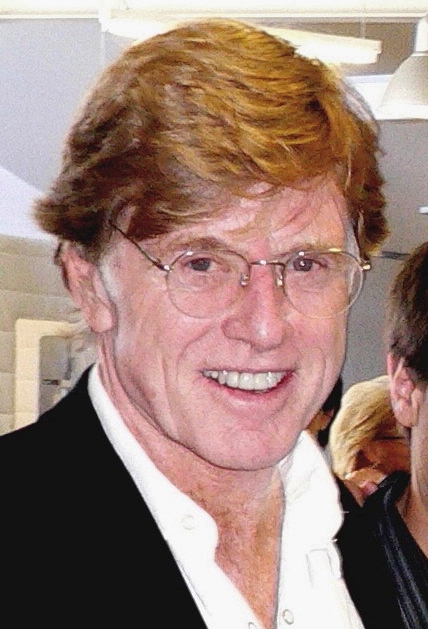
13. **Robert Redford’s ‘All Is Lost’ Snub**
In 2014, veteran actor Robert Redford delivered a tour-de-force performance in the minimalist survival drama “All Is Lost,” carrying the entire film almost single-handedly with virtually no dialogue. His critically lauded portrayal of a man battling the elements at sea was widely considered a masterclass in acting, leading many to predict a strong Oscar nomination for Best Actor. However, to the surprise of many industry observers, Redford and the film were completely shut out of the nominations, sparking renewed debate about the mechanics of awards season.
Redford, a seasoned Hollywood icon with decades of experience navigating the industry’s intricate landscape, responded to the snub with characteristic pragmatism and an almost detached understanding. He openly admitted that he “wasn’t at all bothered,” indicating a seasoned perspective that transcended personal disappointment. This reaction from such a respected figure underscored a broader, perhaps cynical, view of the awards process.
He candidly explained his indifference, attributing it to a deep understanding of “how the business worked.” During a press conference at the Sundance Film Festival, Redford revealed, “Hollywood is what it is, it’s a business and so when these films go to be voted on, usually they’re heavily dependent on campaigns.” This stark assessment stripped away any romanticized notions of pure meritocracy, highlighting the often-overt influence of public relations and strategic campaigning in securing nominations.
Redford’s comments provided invaluable expert commentary on the business aspects of the Oscars, suggesting that while artistic achievement is a component, it is frequently overshadowed by marketing efforts and industry networking. His snub, therefore, served as a potent reminder that even a legendary figure delivering an undeniably brilliant performance can fall victim to the highly commercialized and politically charged nature of awards season, where visibility and campaigning often play as crucial a role as the performance itself.
Read more about: Robert Redford: An American Icon’s Enduring Legacy as Screen Idol, Visionary Director, and Tireless Activist
As the red carpet rolls out and the golden statues are polished, the perennial Oscar nominations debate reminds us of the intricate dance between art and commerce, passion and politics, that defines Hollywood. From a veteran actress facing the irony of her film’s theme, to groundbreaking films by women and people of color struggling for recognition, to genre films consistently overlooked, these snubs are more than just missed opportunities for individuals; they are critical flashpoints. They force us to reflect on the Academy’s role in shaping cinematic history, challenging its members to confront ingrained biases and truly embrace the full, vibrant spectrum of global storytelling. The conversations sparked by these omissions are, in themselves, a testament to the enduring power of film to provoke, inspire, and demand a continuous re-evaluation of what we celebrate and why. The quest for justice on the screen, and in its recognition, continues.



